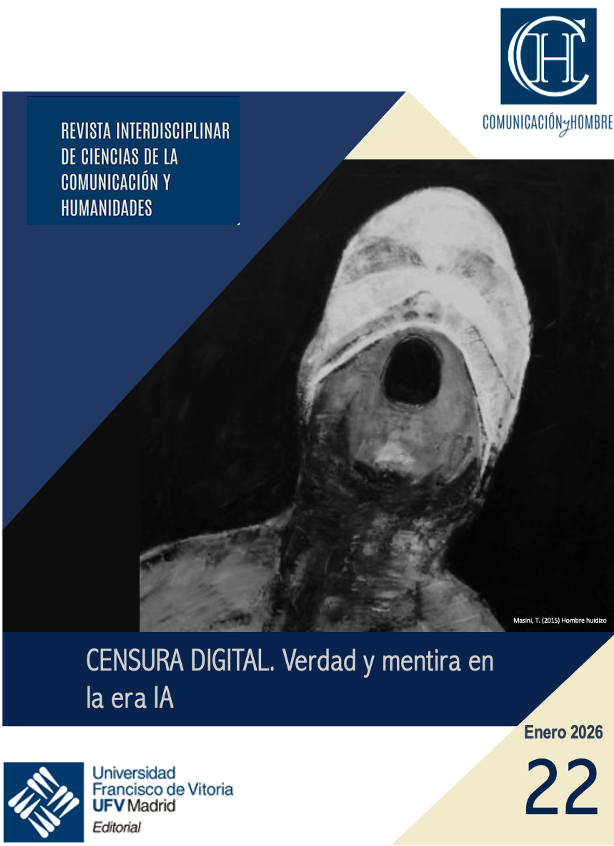Abstract
With society´s access to the education system, classroom´s have transformed, demonstrating diversity, mirroring society. Schools need to address this and develop different group practices in classrooms. Problems arise in criteria analysis classifying these practices. Pressures of programs, external evaluations and the educational community lead to focus on immediate results, losing the authenticity of the educational process. Grouping pupils exclusively by academic level, especially during first years of schooling, may violate these principles and have negative consequences on later academic achievement. School´s bilingual programs should share responsibility with the school, developing a correct use of this type of teaching practice.




